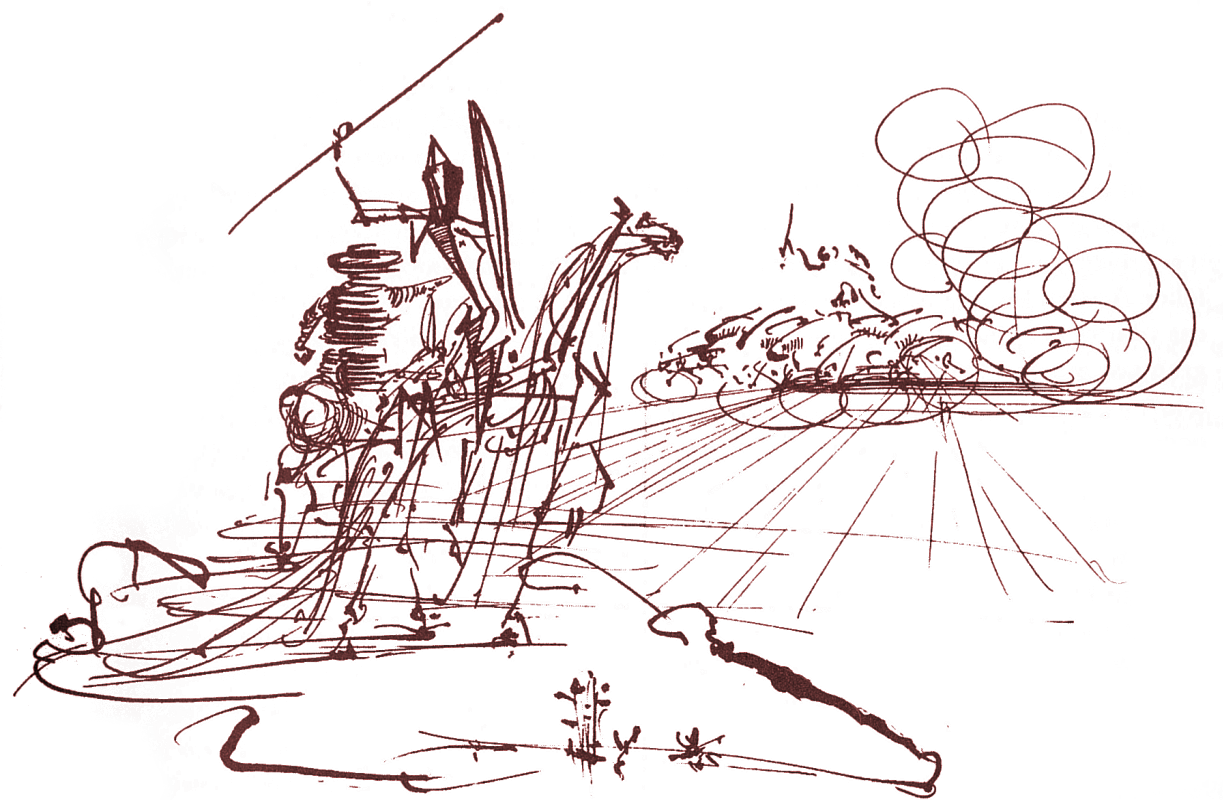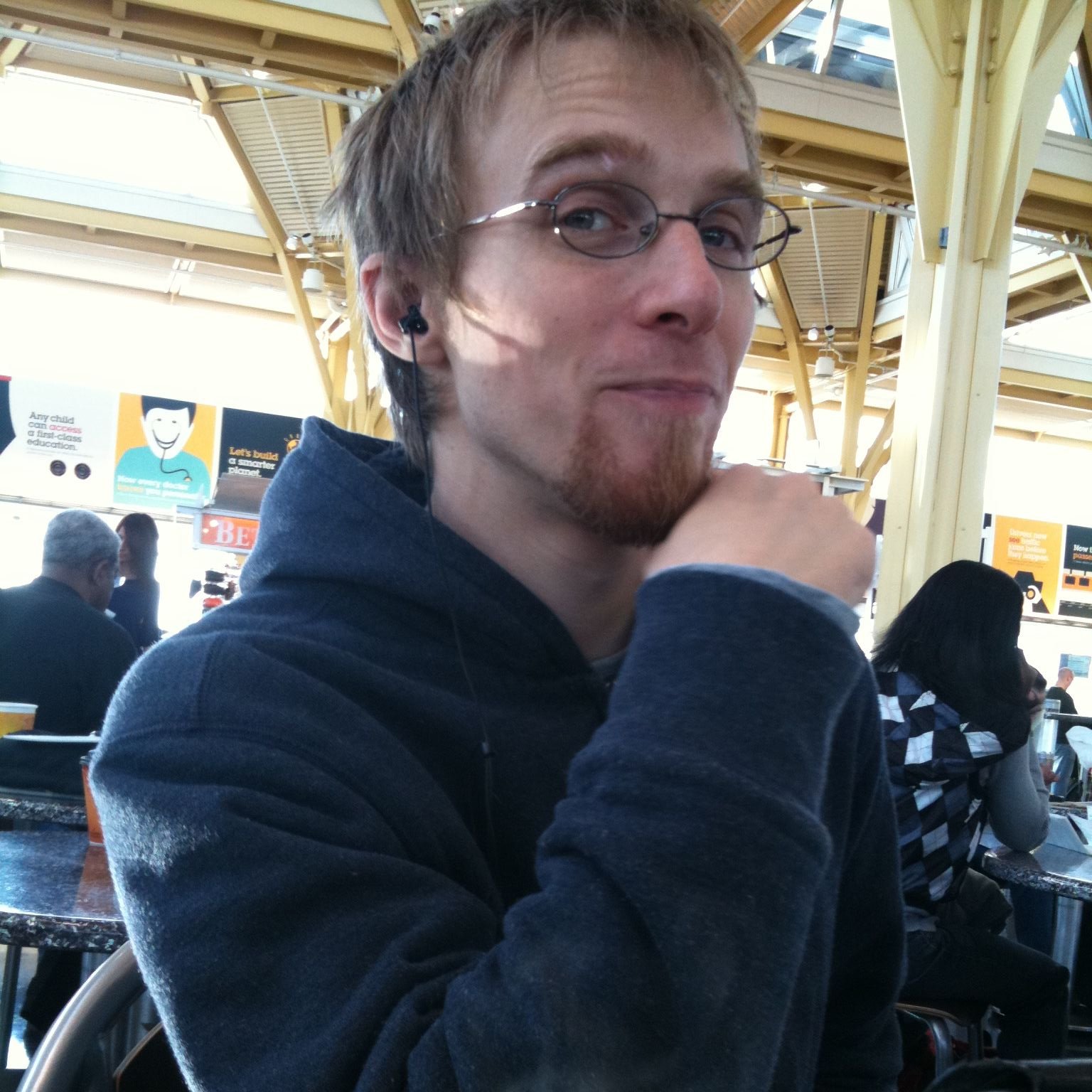"Now, the more we are told about poverty and violence, the less effect they have on us."
Combatting the numbness of the news cycle with empathy through relationships
Like What You're Reading? Subscribe:
You Might Also Like...
About the Author
Hi. My name is Jeremiah John. I'm a sf/f writer and activist.
I just completed a dystopian science fiction novel. I run a website which I created that connects farms with churches, mosques, and synagogues to buy fresh vegetables directly and distribute them on a sliding scale to those in need.
In 2003, I spent six months in prison for civil disobedience while working to close the School of the Americas, converting to Christianity, as one does, while I was in the clink.


It's interesting, that the saturation of information can numb us to the very problems that we seek to understand better.
I really believe that constant exposure to the clinically detached news cycle can make us less able to be impacted by it.
The solution to numbness? In order to understand poverty or violence, we have to either suffer them, or build meaningful relationships with those who have.
This is the work of being the body of Christ, forming close relationships with one another, knitting communities together in love across spheres of experience.
This is especially important for people who are the recipients of society's privilege. We have to understand our own privilege before we can have grace for those that do not have privilege. Learning grace is part of our own salvation, as our judgements will be turned on us.
It is the rich man, in the gospel, that must make the journey towards blessing. The poor are already blessed. Blessed are the poor (Luke's beatitudes). But Jesus asks the rich man must give up his possessions and follow him.
Most people find Jesus' injunction to the rich man to be crippling, something they cannot address because it is absolute. But Jesus was talking to a specific man. It is universal in its meaning but grounded in a particular person's life. We can hear the call in our own life, the same call, but in our own lives, given that different things prevent each of us from following Jesus, this will take on different meanings.
What does Jesus ask the poor? Generally, he asks them to get up and walk. To be forgiven of their debt and move out of victimhood. After, of course, he heals their bodies. Always, he fixes their material situation before he asks them to stand up and walk.
What is it that stops you from following Jesus in a radical way? What keeps you apart from your neighbors or the poor? Is it money or status? Is it busy-ness or time? What would Jesus ask you to give up?